In our Ask a Recruiter feature, a member of specialist team tackles a topic relating to attraction, recruitment and retention.
In this edition, Associate Consultant and Specialist in the Recruitment of Private Client Lawyers Bill Szajna-Hopgood, shares his insights with a law firm looking to make their recruitment process more inclusive so they can attract and hire a more diverse range of legal talent.
“We know that a diverse workforce leads to happier employees and better business performance—but how can we make our recruitment process more inclusive to attract and hire a wider range of talent?”
A diverse workforce isn’t just good for employee satisfaction—it’s a key driver of business success. Law firms that prioritise inclusion see better decision-making, stronger client relationships, and higher retention rates. But to attract a truly diverse range of talent, your recruitment process needs to be structured in a way that removes barriers and ensures fairness. Here’s how to do it.
-
Make Your Job Descriptions More Inclusive
The language you use in job adverts can have a big impact on who applies. Keep descriptions clear, focus on the skills that really matter, and avoid overly rigid criteria like “must have X years of experience” if competency is more important. Gender-coded words (like “competitive” or “assertive”) can also put some candidates off, so use neutral, inclusive language that welcomes all backgrounds.
-
Expand Your Talent Pool
If you always recruit from the same places, you’ll keep getting the same results. To increase diversity, think about where you’re searching for candidates. Partner with professional networks that support underrepresented groups, attend industry events that champion inclusion, and work with specialist recruiters who can help you tap into a broader pool of talent.
-
Remove Bias from Shortlisting
Unconscious bias can creep in during the early stages of recruitment. Blind CV screening—removing details like names and universities—helps hiring managers focus on experience and skills rather than background. A structured scoring system for applications can also ensure that every candidate is assessed fairly.
-
Standardise Your Interviews
Unstructured interviews make it easier for personal biases to influence hiring decisions. Instead, use a consistent set of questions and a clear scoring system to ensure candidates are assessed on the same criteria. This keeps the process fair and ensures decisions are based on suitability rather than gut instinct.
-
Diversify Your Interview Panel
A diverse hiring panel brings different perspectives and reduces the risk of unconscious bias. It also signals to candidates that your firm values inclusivity. Where possible, involve people from different levels and backgrounds in the interview process.
-
Make Inclusion Part of Your Employer Brand
Candidates will be looking for evidence that your firm genuinely values diversity. Highlight your firm’s culture, share employee stories, and showcase any initiatives you have in place—whether that’s mentoring schemes, diversity networks, or flexible working policies. Authenticity is key; it’s not just about saying you value diversity, but showing how you live those values.
-
Track Your Progress and Adapt
Inclusivity isn’t a one-off initiative—it requires ongoing effort. Monitor diversity data throughout the hiring process to spot trends and identify areas for improvement. Are certain groups dropping out at the same stage? Are diverse candidates progressing to senior roles? Regularly reviewing this information will help you refine your approach over time.
A more inclusive hiring process doesn’t just help you attract a wider pool of talent—it helps you build a stronger, more successful firm. By removing barriers, standardising your approach, and actively championing diversity, you’ll create a workplace where everyone has the opportunity to thrive.
At Realm, we help law firms build diverse, high-performing teams by embedding inclusivity into their hiring strategies. If you’d like to refine your recruitment process and attract a broader range of talent, get in touch—we’d love to help.



